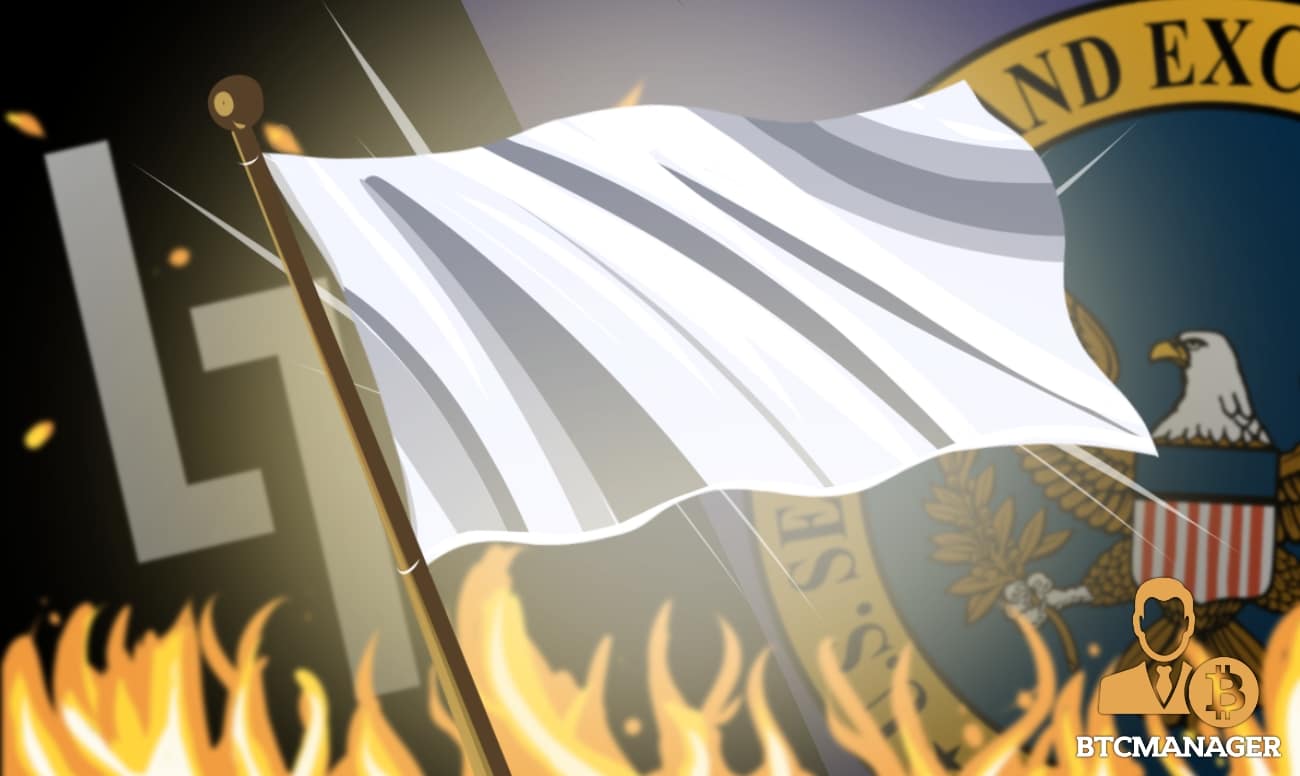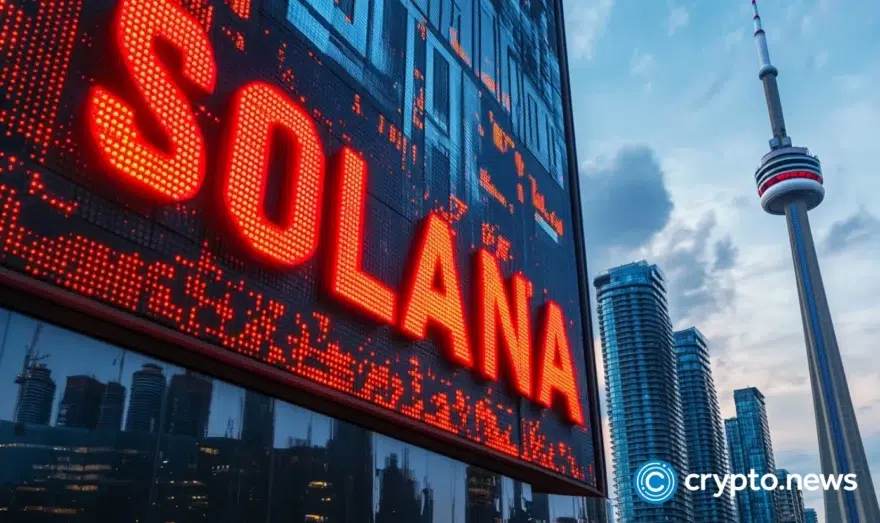SEC Fines Block.one $24 Million in Civil Settlement for EOS Initial Coin Offering

Block.one, the company behind EOS, will pay a one-time penalty of $24 million for their multi-billion dollar initial coin offering (ICO) that lasted for a year, September 30, 2019. EOS raised nearly $4 billion over the span of a year, issuing an ERC-20 token in exchange for money at the time. It was only later that the platform migrated to its own chain and was able to roll out their product.
Settlement and Waiver
The civil suit is with specific regards to the capital raise done by the company on Ethereum. Since Block.one burnt all the ERC-20 EOS tokens whilst migrating to mainnet, they aren’t required to register their token.
At the same time, the company has been granted a crucial waiver which gives them the right to not be subjected to any standard restrictions that come with such settlements. Block.one claims this is because of their continued compliance and adherence to best practices – but take that with a heap of salt.
Block.one praised the regulator’s actions and thanked entrepreneurs and tech leaders across the country for making the environment hospitable for new startups in young industries.
The price of EOS went up by almost 15 percent after news of the settlement reached the public.
SEC Complacency
The SEC doesn’t often give out waivers to companies they settle with, let alone cryptocurrency companies. Not many crypto startups raised a ton of money, but this hasn’t stopped the SEC from legally pursuing them.
If this lawsuit is setting the precedent for what’s to come, then a .6% fine and a well-drafted waiver plea is enough to get a company completely off the hook and allow them to continue operating. Companies raising capital through an IEO or ICO would be able to just factor in an extra 1.5 percent for fines and legal fees and go ahead with their plans.
The SEC’s words and actions come off as contradictory at this point. The regulator has a lot of its anger directed at Kik, and this is because the company didn’t stand still and settle like Block.one has.
Hopefully, there is some linearity in action, but a miniscule fine will be absolutely ineffective in thwarting off malicious actors and open frauds.















